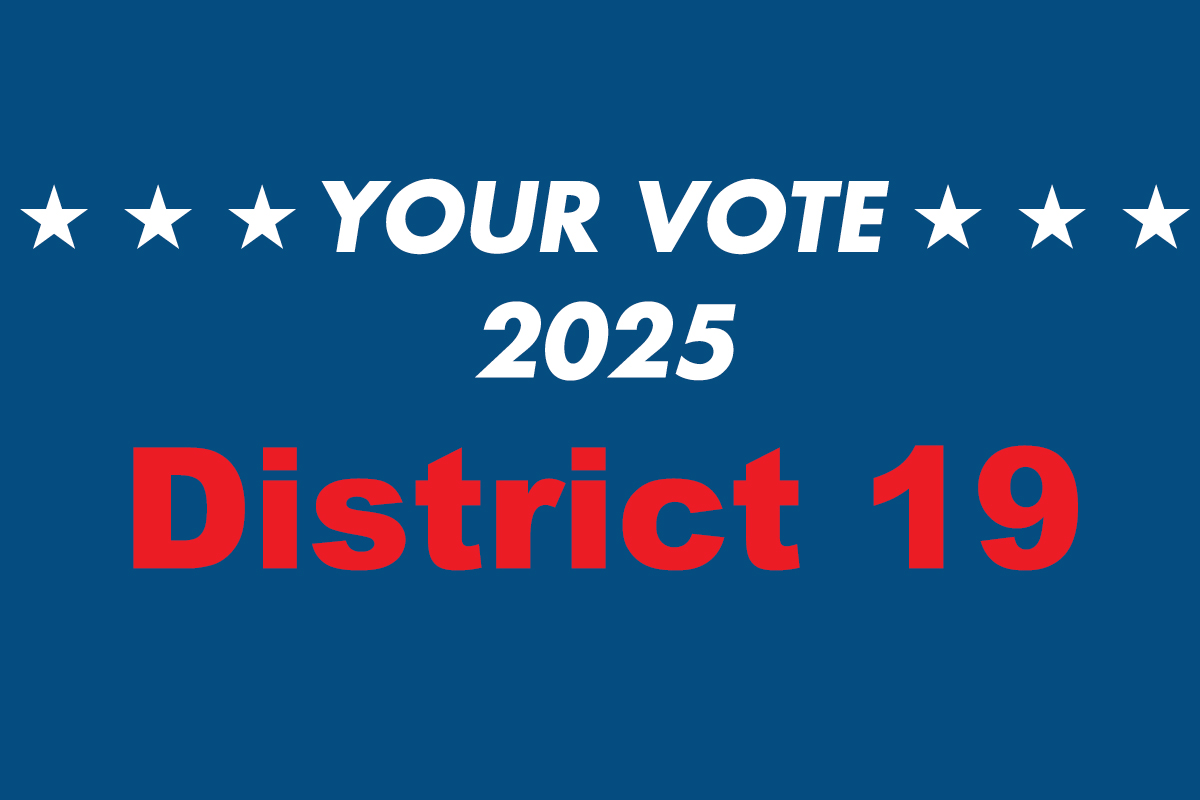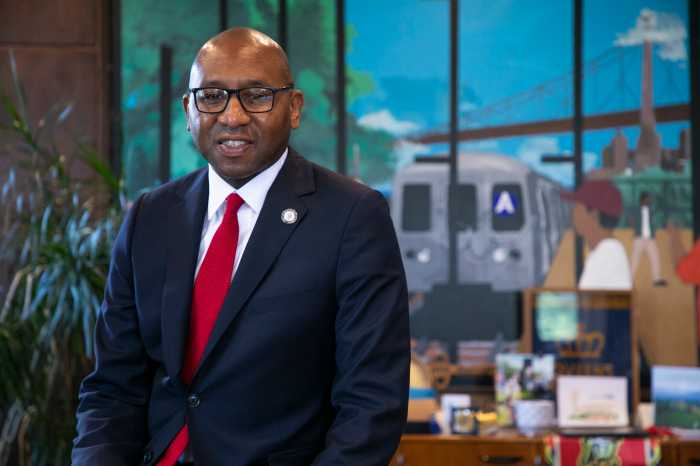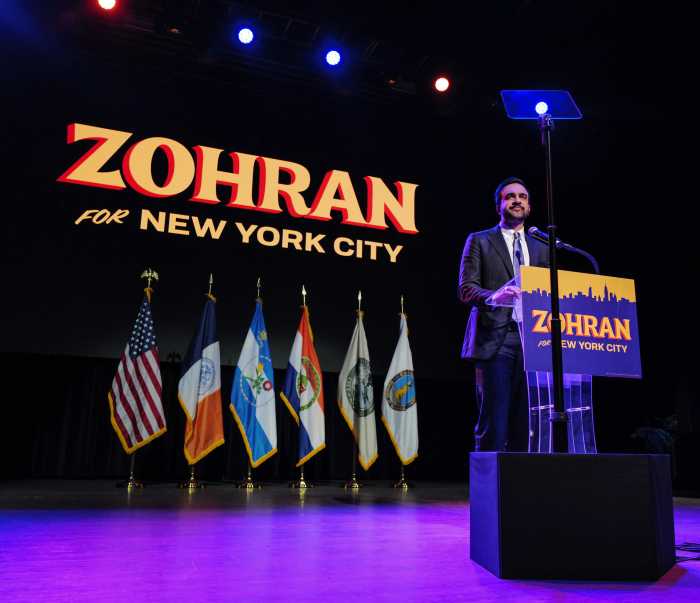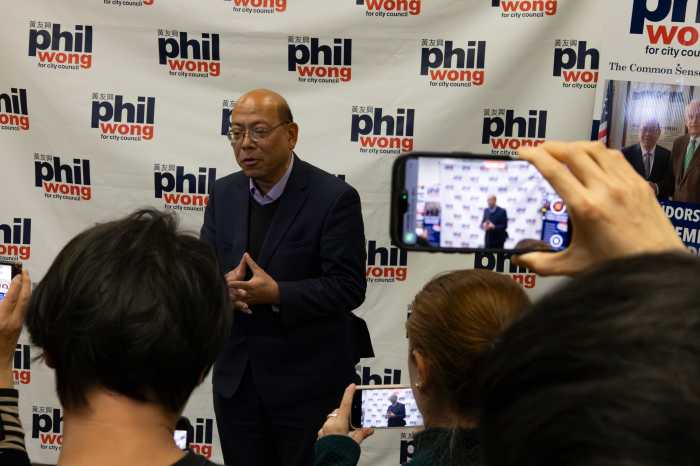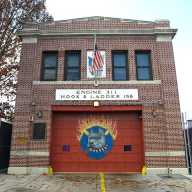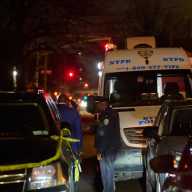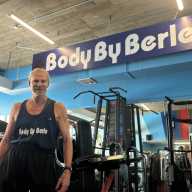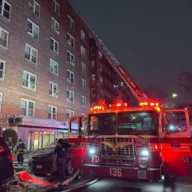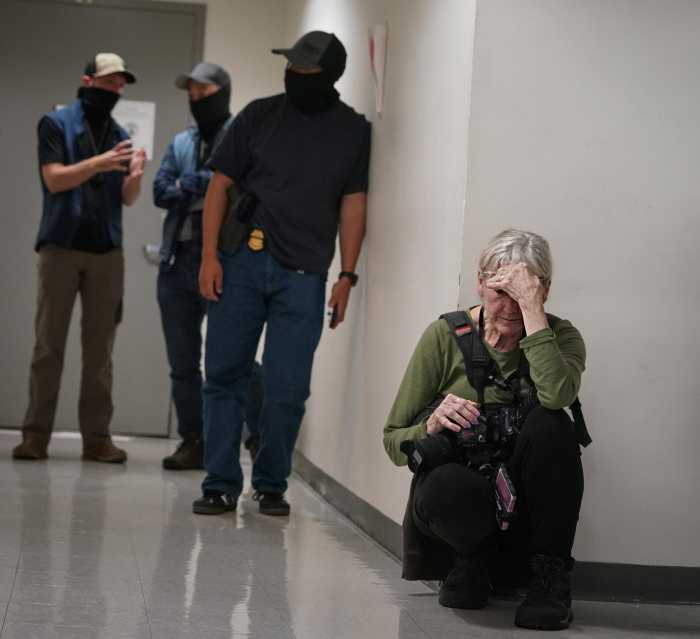Sponsored by AARP
City council candidates Ben Chou and Council Member Vickie Paladino are in the race for the seat in District 19. This week the news team explores how each candidate plans to address issues related to transportation accessibility and affordability in New York City.
Q: Given that only 28% of NYC subway and Staten Island Railway stations are fully accessible under the ADA, what specific policies or initiatives do you support to accelerate the subway system’s accessibility improvements, especially in neighborhoods serving many aging residents?
Chou: Sadly the NYC subway system stops just short of our district, making it that much harder for the older adults in District 19 to access the rest of New York City via the subway. If we want to improve accessibility for our district’s residents, we need to be talking seriously about extending the 7 line beyond downtown Flushing. At the same time, we can’t just wait for long-term capital projects — we must expand the MTA’s Access-A-Ride Paratransit Service so seniors with mobility challenges can get where they need to go reliably and on time.
Paladino: The answer to pretty much all public transportation issues in New York ultimately stem from the total mismanagement of the MTA. This is an agency with a $20 billion dollar budget, which we continue to shovel money into — especially now with congestion pricing feeding additional billions into its black hole of incompetence. Nothing is going to improve until the MTA is run competently, and that isn’t going to happen without the political courage to fire everyone, conduct a major audit, and rebuild the agency with accountability and competence as its core mission.
Q: Many older New Yorkers rely on public transportation for daily activities, yet accessibility remains a challenge. How would you propose to enhance last-mile solutions, such as accessible bus stops, curb cuts, and shuttle services, to better serve aging residents in your district?
Chou: In addition to expanding MTA’s Access-A-Ride Paratransit Service, we need to ensure our bus system is truly accessible. A recent audit by Comptroller Brad Lander found that many bus drivers simply don’t know how to operate wheelchair lifts, leaving riders stranded at the curb. I will push the MTA to improve driver training and accountability so that every older adult and person with mobility challenges can count on reliable service.
Paladino: ADA compliance in particular is a huge issue, and it’s shameful. But when city contracts to build a bathroom or elevator can cost over $10 million and take multiple years to complete, we’re no longer dealing with simple solutions. There’s deep, institutional problems that need to be solved.
Q: Funding and infrastructure upgrades are often complex and lengthy processes. What strategies would you advocate for to secure dedicated funding and streamline construction timelines to rapidly improve transportation accessibility in underserved areas?
Chou: One of the biggest obstacles to improving accessibility isn’t just money, it’s bureaucracy. Too many projects get stuck in endless reviews, bidding delays, and outdated rules that slow everything down. To fix this, we need to work closely with our state partners to streamline approvals and cut out the nonsense so upgrades actually get built on time.
Paladino: There are a lot of things that my office does to make transportation in the district better, and nobody gets in-district infrastructure projects done faster than my office, but that’s really a matter of relationships and staying on top of the commissioners and project managers. And that only gets us so far. But the major changes we really need simply aren’t going to come without deep reforms at the MTA. And anyone telling you otherwise is lying, it’s really that simple. This isn’t a money issue, it’s a competence and accountability issue.

